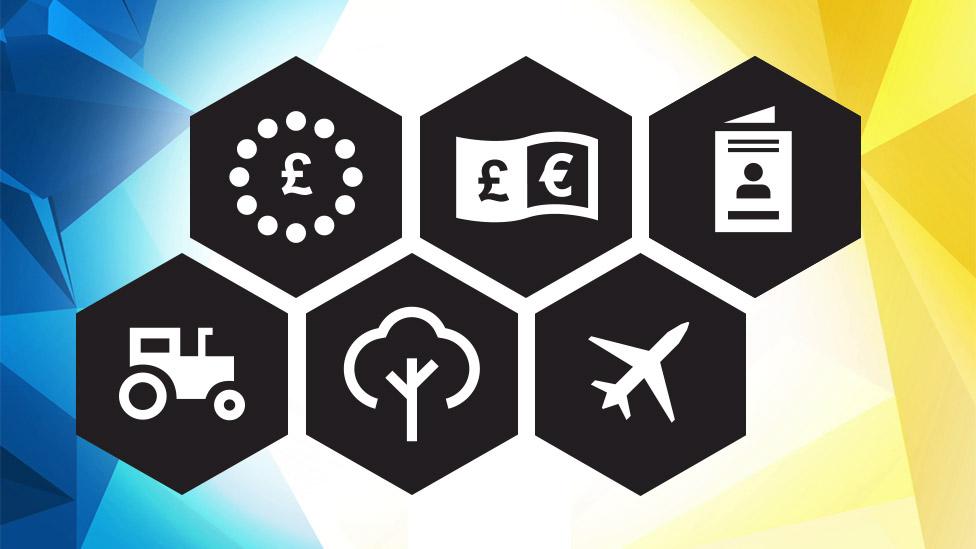EU referendum: The immigration question
- Published
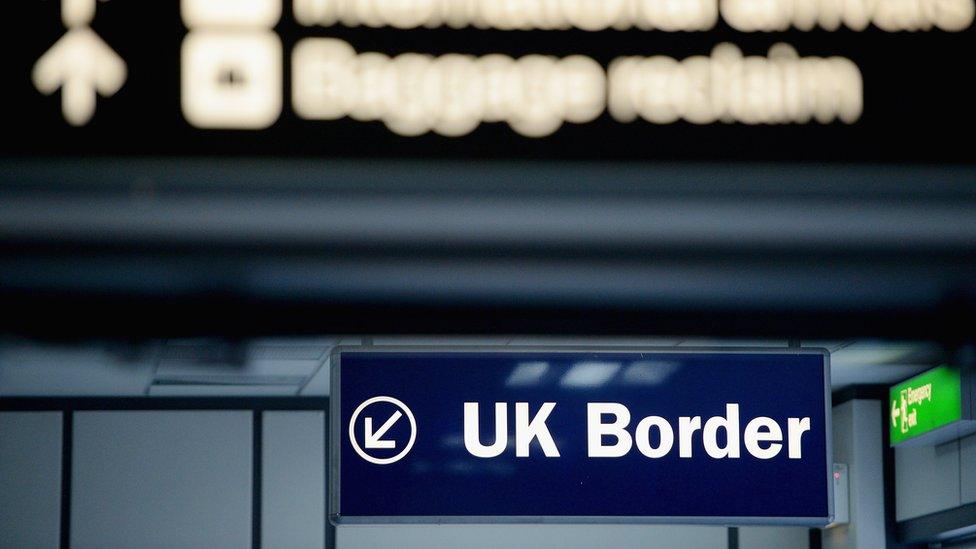
How can it be that one of the biggest concerns for British voters is something that British politicians often find difficult to talk about, let alone address?
That has traditionally been the case as far as immigration is concerned, but ahead of the referendum, immigration from the European Union has come to the fore.
The right of 508 million citizens to move freely across the 28-member bloc is one of its fundamental principles.
Today, there are about three million people from other EU countries living in the UK, and an estimated 1.2 million British citizens living elsewhere in the EU.
Like it or not, immigration will be a part of some voters' decisions.
When I started going to different parts of the UK to explore the impact of immigration - and attitudes to it - I was struck by the care with which most people addressed the arguments.
Immigration's being talked about much more than usual in the run-up to the referendum, but I could see how concerned people were to come across in a balanced way.
Perhaps it's because they were talking to someone whose skin colour and name indicate a foreign heritage, but I think it also tells us something about the fundamental decency of British society.
But in the past decade, there has been profound change to the make-up of that society.

The EU referendum:

The key moment was the enlargement of the European Union, to bring in many eastern European countries in 2004. With wages there much lower than in Western Europe, there was an immediate and obvious incentive to move from the poorer parts of the expanded EU to the richer ones.
Last year, net migration from the EU - the difference between the numbers of people coming into and leaving Britain - reached 184,000.
For me, the stories of two women I met in the course of making a film illustrate the debate. They are both British, both mothers, both living in the east of England but will be voting opposite ways in the referendum.
In both cases the simple question they'll be asked on their polling card has a much greater significance - for one, linking into how she believes Britain should be providing better for its citizens - and for the other, how she sees the EU as a symbol of freedom.
Sonia from Clacton is worried about the impact of immigration on her town
The first view comes from the Leave voter - Sonia Chowles, 30, from Clacton, the one constituency to have returned a UKIP MP at the last election. From being a thriving Essex seaside resort in the 1960s, it has suffered over the years and unemployment is now above the national average.
Sonia is employed - in a local taxi firm - but life is far from easy. She has two young children and her husband is disabled. She hopes for a council house better-suited to his needs but tells me there is a 15-year wait.
Clacton is home to relatively few people born outside the UK, but Sonia feels its services cannot cope.
"I don't think it's a case of no more immigrants - it's a case of no more anybody. English, Scottish, Welsh, from the EU, from America - we just can't physically take any more people into this town."
The referendum has energised and galvanised Sonia to enter political debate - she's joining UKIP, with a view to standing for election. She's also done her research on the costs of the EU and carefully uses a net figure when talking about Britain's contribution, rather than the gross figure, which has been criticised as misleading.
On 23 June, Sonia and her husband will be voting to leave the EU, and she tells me nearly everyone else she knows will be doing the same.
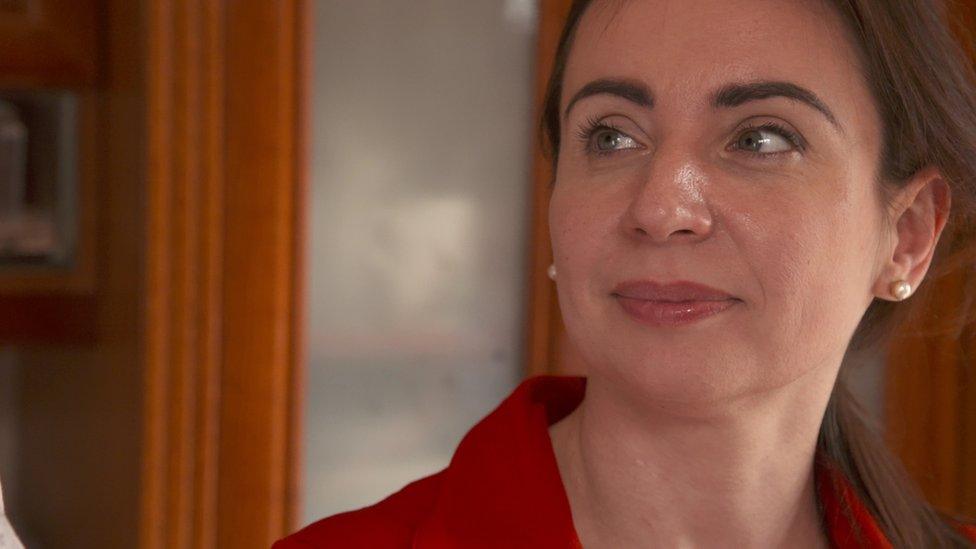
Auditor Grazyna Lisowska-Troc is now a British citizen, having moved from Poland in 2004
If I brought her face-to-face with the other woman on my mind, Grazyna Lisowska-Troc, I know they would have a perfectly civilised debate and probably be able to see things from each other's perspective.
Grazyna is 43 and lives in Peterborough, having arrived from Warsaw with her husband Tomasz and newborn daughter Agata in 2004. All three are now British citizens.
Grazyna and Tomasz both work as auditors and their daughter, now 11, goes to a sought-after local school. Part of what they love about the UK is its diversity - Agata is exposed to different cultures and religions in a way that her parents, growing up in Poland, never were.
And for them, the EU also represents an ideal. Grazyna's own mother was deported by the Soviets from eastern Poland to Central Asia after World War Two, and she does not take life in a time of peace and stability for granted. On 23 June, she'll be voting Remain.
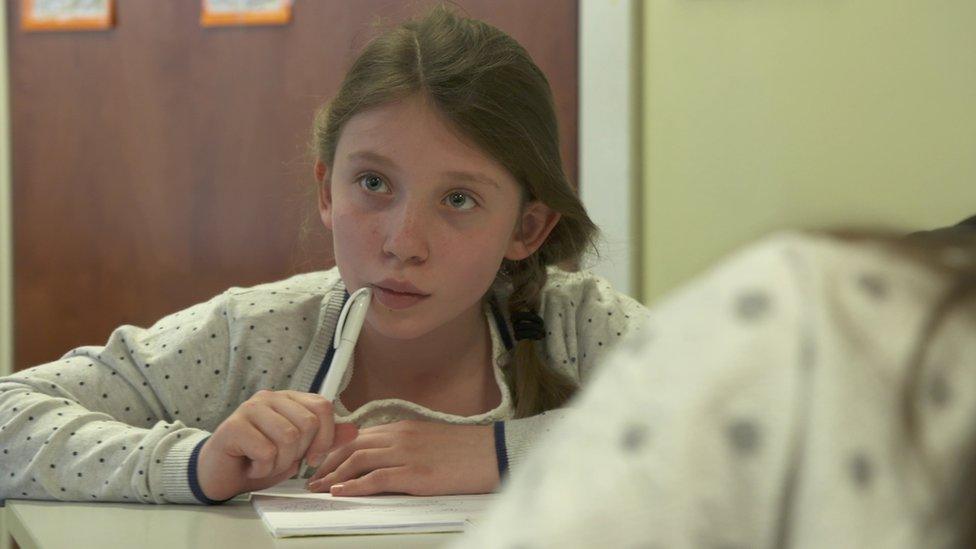
Agata came to the UK as a baby
Grazyna is also keen to emphasise what migrants like her give back to the UK: "Just look at my P60," she tells me with a twinkle in her eye, a reference to her personal contribution to the Treasury's coffers.
HMRC tax figures for 2013-14 support her argument, showing that migrants put in £2.5bn more than they took out in benefits. But that does little to address the frustration of citizens in areas where public services are visibly under pressure.
In Grazyna's own city, Peterborough, local GP Dr Emma Tiffin told me of the health problems that arise from the conditions in which many low-paid migrants live.
"We have a large number in houses of multiple occupancy - several families in one house, sometimes a family in one room.
"There are houses that are very damp, and that causes a high risk of respiratory infections."
Dr Emma Tiffin sees migration as an added pressure to the service she can offer in inner-city Peterborough
Dr Tiffin sees migration as an added pressure and a challenge to the service she can offer in her part of inner-city Peterborough.
But nationally the picture is more complex. Most migrants are young, so they use the NHS less than the average. For the same reason, they have more children, which impacts on maternity services. And both the NHS and the care sector have high numbers of migrants working within them.
With the UK's population projected to grow by more than four million in the next decade - half of the increase thanks to immigration - this is no longer a conversation politicians can dodge.
It may in the end be a question of competing priorities and trade-offs.
Take one of the most popular words in political discourse - "aspiration".
Every politician would agree that raising aspirations and improving social mobility is a good thing. But as countries get richer and their citizens more skilled, it's often immigrants who fill the gaps.
In what numbers, and to what extent, is the question Britain has to weigh up and, because of the EU's freedom of movement rules, the referendum will be an opportunity for some voters to do just that.
The choices both Grazyna and Sonia will make will be rooted in their own experience and in the belief that they are doing what is best for their children. And, on 24 June, we will know whether it was Leave or Remain that proved more persuasive for their fellow citizens.
Britain & Europe: The Immigration Question is on BBC Two at 21:00 BST on Tuesday 14 June, BBC World News at 04:00 GMT and 15:00 GMT on Saturday 18 June and 09:00 GMT and 21:00 GMT on Sunday 19 June and will be available later via BBC iPlayer.
- Published13 June 2016
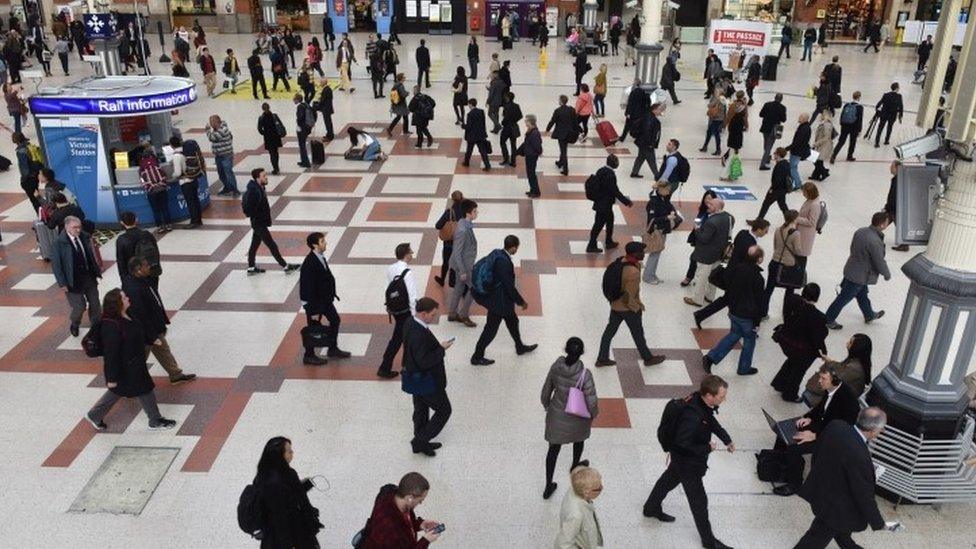
- Published5 June 2016
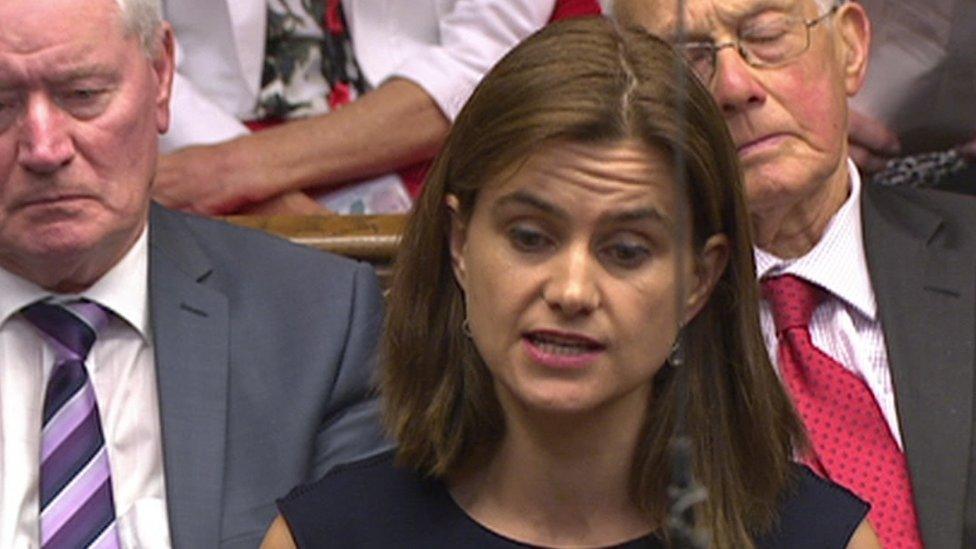
- Published30 December 2020

- Published29 April 2016
